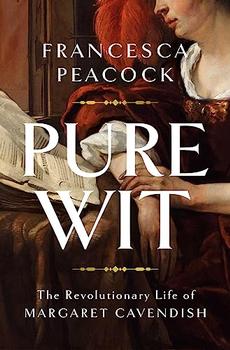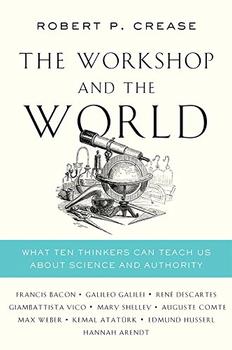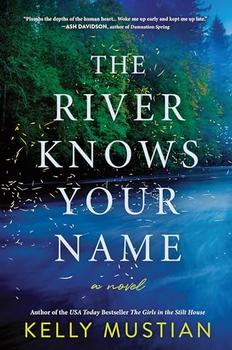Summary | Excerpt | Reviews | Beyond the book | Read-Alikes | Genres & Themes | Author Bio

The Seventeenth Century and the Birth of the Modern Mind
by A.C. GraylingOut of a 'fractured and fractious time,' the author asserts persuasively, the medieval mind evolved into the modern. Another thought-provoking winner from Grayling." - Kirkus
The Age of Genius explores the eventful intertwining of outward event and inner intellectual life to tell, in all its richness and depth, the story of the 17th century in Europe. It was a time of creativity unparalleled in history before or since, from science to the arts, from philosophy to politics. Acclaimed philosopher and historian A.C. Grayling points to three primary factors that led to the rise of vernacular (popular) languages in philosophy, theology, science, and literature; the rise of the individual as a general and not merely an aristocratic type; and the invention and application of instruments and measurement in the study of the natural world.
Grayling vividly reconstructs this unprecedented era and breathes new life into the major figures of the seventeenth century intelligentsia who span literature, music, science, art, and philosophy--Shakespeare, Monteverdi, Galileo, Rembrandt, Locke, Newton, Descartes, Vermeer, Hobbes, Milton, and Cervantes, among many more. During this century, a fundamentally new way of perceiving the world emerged as reason rose to prominence over tradition, and the rights of the individual took center stage in philosophy and politics, a paradigmatic shift that would define Western thought for centuries to come.
Building a book-length argument around his contention that 'the seventeenth century is the moment when one world-view was displaced by another because the scientific displaced that of faith,' Grayling paints a picture of astronomers, mathematicians, medical doctors, and even alchemists often reaching conclusions that even they dearly hoped weren't true – because the answers meant opposing Christian doctrine, unwise if you wanted to keep your job, freedom or head...To my ear, though, the tone of the Grayling's prose is rather flat – think "textbook" and you've pretty much got it – so many of these unexpected sidelights are not presented as compellingly or dramatically as one might hope. But on balance, Grayling has put forward a powerful argument for independent thinking as a vehicle of salvation, and if he gets lost in the weeds from time to time, at least it's nice to be in the presence of someone who hasn't mistaken the grasslands of the earth for the fabled Garden of Eden...continued
Full Review
(697 words)
This review is available to non-members for a limited time. For full access,
become a member today.
(Reviewed by James Broderick).
Its powers are said to be remarkable. It is the source not only of great wealth but also, perhaps, freedom from mortality. It was sought after for centuries, often by some of the greatest minds in history. Its legend has lived on in movies, novels, video games, music, and comic books. Its fabled existence has fired the human imagination for centuries. And it played a key role in the growth of the Western way of thinking, according to A.C. Grayling's The Age of Genius.
The Philosopher's Stone, "the magic mineral which would transmute base metals into gold and give us eternal youth," according to Grayling, intrigued the most fertile minds throughout the Middle Ages and into the Enlightenment, when "science emerged from a period in which ...
This "beyond the book" feature is available to non-members for a limited time. Join today for full access.

If you liked The Age of Genius, try these:

by Francesca Peacock
Published 2024
A biography of the remarkable - and in her time scandalous - seventeenth-century writer Margaret Cavendish, who pioneered the science fiction novel.

by Robert P. Crease
Published 2019
A fascinating look at key thinkers throughout history who have shaped public perception of science and the role of authority.



The only completely consistent people are the dead
Click Here to find out who said this, as well as discovering other famous literary quotes!